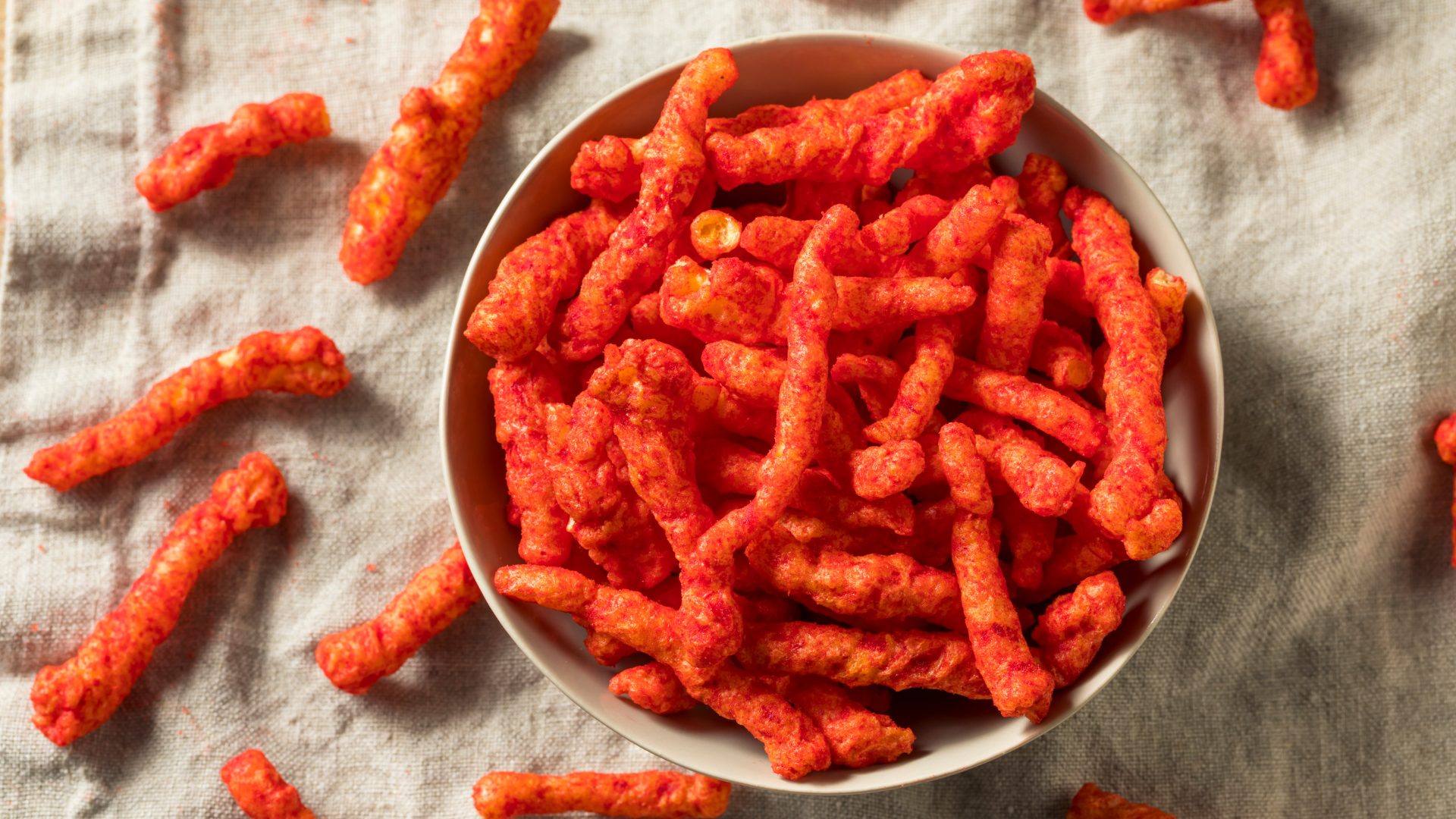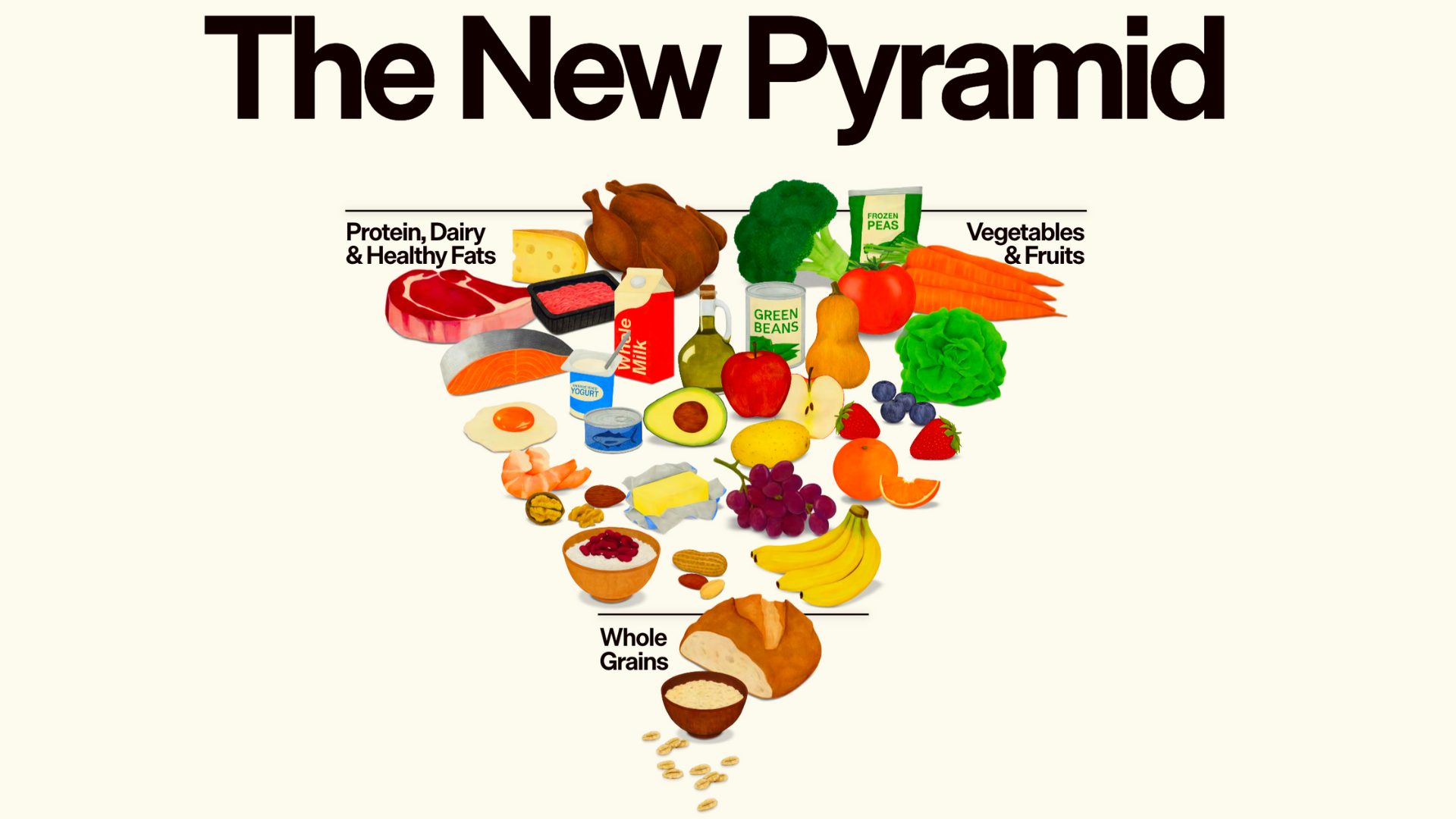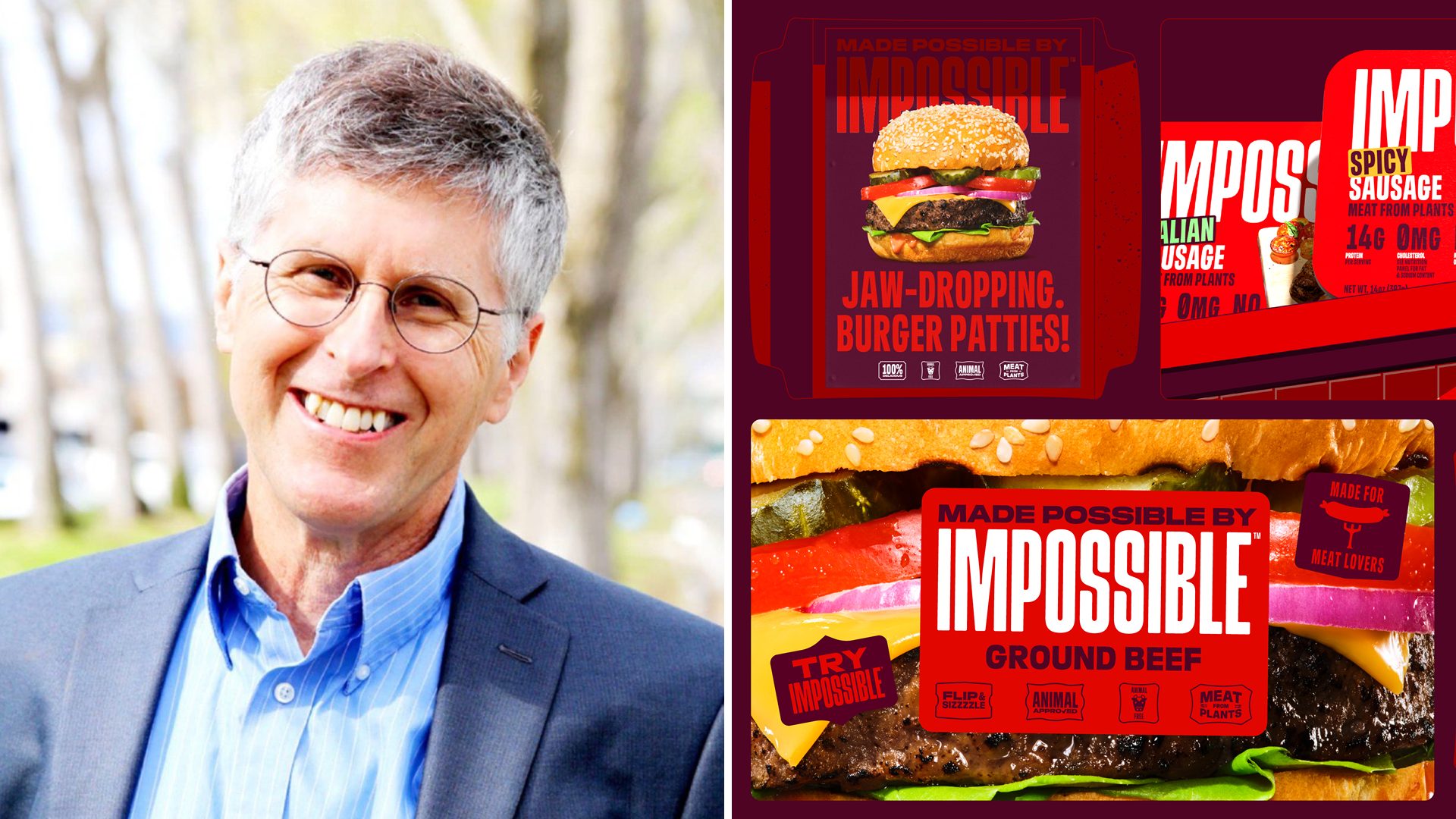Step away from those chips! A new study suggests that ultra-processed foods may interfere with reproductive and hormonal health.
The study, published in Cell Metabolism, found ultra-processed foods affect reproductive and metabolic fitness – and not in a good way.
“Several hormones involved in energy metabolism and spermatogenesis were affected, including decreased levels of growth/differentiation factor 15 and follicle-stimulating hormone. Sperm quality trended toward impairment, with a decrease in total motility,” the study summary states, acknowledging its sample size was small.
“This study provides evidence that consumption of ultra-processed food is detrimental for cardiometabolic and reproductive outcomes, regardless of excessive caloric intake.”
Dr. Michael Genovese, chief medical adviser at AscendantNY in New York, told The Food Institute the effects likely are reversible but agreed the study aligns with wider concerns about ultra-processed foods.
“It should be taken as an advisory to cut back on ultra-processed foods, not [cause] panic,” Genovese said, “There isn’t an official safe daily allowance for ultra-processed foods, but evidence suggests health risks rise when more than 20% to 30% of daily calories come from them.
“While the current evidence does not directly prove UPFs cause infertility, the emerging science does suggest they could contribute to infertility challenges, especially when combined with other factors.”
Ultra-processed foods contain “highly transformed, derived or synthesized ingredients.” The study notes they’re being consumed globally, accounting for over 50% of total energy intake in the U.S., U.K., Australia, and Canada.
Registered dietitian and director of education at Switch4Good Tiffany Bruno told FI the study results “reveal a lot about how our diet affects so many aspects of our health, including those we can’t see or even feel.”
“It should make us pause and think about how we’re choosing to fuel our bodies and whether that’s supporting our overall health and goals,” Bruno added.
“On a larger scale, this should make us concerned about our food system that’s saturated in ultra processed foods.”
The study assessed 43 healthy, lean participants who consumed a precise diet for three weeks – half eating mostly ultra-processed foods and the other half eating mostly unprocessed foods. The first group consumed 77% of their calories from ultra-processed foods; the other half ate only 1%.
“Participants received a fixed equal quantity of total calories from both the unprocessed and ultra-processed diets to isolate the specific effects of UPF consumption from those of caloric intake alone,” the study said.
Those on the unprocessed diet lost weight and saw improvements in cholesterol levels along with improved thyroid function. Endocrine-disrupting compounds were found in the blood of those on the ultra-processed food diet and they also gained weight, even though their caloric intake matched those on the healthier diet.
The Food Institute Podcast
How will the One Big Beautiful Bill Act (OBBBA) impact your food business? Unraveling the implications of new legislation is never easy, but Patrick O’Reilly and Jeff Pera of CBIZ explain how provisions of the bill related to no tax on tips, depreciation and expensing of capital purchases, and research and development will impact the industry.












